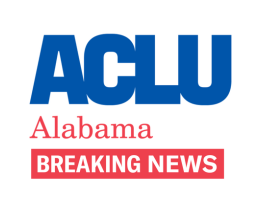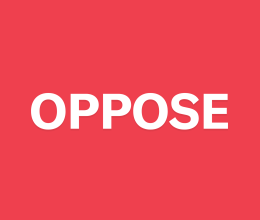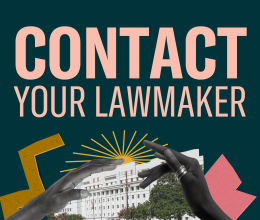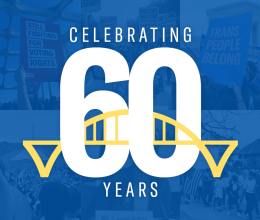
America has spent the last 50 years becoming the world’s largest incarcerator. It’s gotten there with substantial help from elected local prosecutors, who have used their extraordinary power to lock people up in jails and prisons at unprecedented rates and for unconscionably long amounts of time.
The story of the 2018 primary season, however, has been the focus and energy on prosecutor races as one strategy to combat mass incarceration. More candidates are running, and more voters are paying attention to these races than ever before. Here is what has happened so far as well as a few more important prosecutor races that will be decided on Nov. 6.
St. Louis
Earlier this year, in St. Louis, a painstaking, years-long community organizing effort spearheaded by black-led organizations helped create an environment where Wesley Bell, a reform-minded black city council person, stepped forward to run on a reform platform. He then handily defeated 27-year incumbent Bob McCulloch. Given the lack of a Republican challenger, Bell will become prosecuting attorney on Nov. 7.
During his campaign, Bell pledged to reform cash bail, increase diversion, and bring unprecedented transparency to the office. Community activists and advocates, including the ACLU, are already hard at work preparing to ensure that Bell is held accountable to following through on his pledges.
Boston
In Boston, an unprecedented number of Democratic candidates ran to become the next district attorney in Suffolk County. All the top contenders pledged to address mass incarceration and racial disparities in the criminal justice system. The winner of the primary, Rachael Rollins, has pledged to enact bail reform and to stop prosecuting a number of offenses with stark racial disparities between Black people and white people, like shoplifting and “disturbing the peace.”
Minneapolis
In Minneapolis, Mike Freeman, a six-term incumbent and president of the National District Attorneys Association, is being challenged by Mark Haase. Haase co-founded the Second Chance Coalition, a group that passed drug law sentencing reform in Minnesota in 2016. Haase has made reforms like ending cash bail and marijuana decriminalization priorities in his campaign and has stated. And in response to an ACLU survey that he would flatly refuse to prosecute cases involving racial bias.
Dallas
The district attorney race in Dallas also shows just how far things have come. Any appearance of being “soft-on-crime” for decades has been anathema to elected politicians, including prosecutors, in Texas’s third most populous city. The contrast between that history and the present day couldn’t be made any clearer than the pledge made by John Cruezot, the Democratic candidate for district attorney, that he will cut incarceration 15-20 percent by the end of his first term. He also promised to submit a written plan within the first 90 days in office showing how he’ll get there.
Cole County, Missouri
The movement away from tough-on-crime politics for prosecutors isn’t confined to big cities. Cole County, Missouri — home to the state’s capital, Jefferson City — voted 66 percent for Donald Trump. The Republican candidate for district attorney there, Locke Thompson, said in an ACLU questionnaire he supported eliminating cash bail for low-level misdemeanors. Even a couple days of incarceration can have severe consequences for employment and on families, and eliminating cash bail would ensure fewer people are exposed to these harms while reducing the nearly 6,000 people incarcerated in Cole County each year.
Jefferson County, Alabama
Finally, in Jefferson County, Alabama, home to Birmingham, district attorney candidate Danny Carr indicated that he would stop jailing people for low-level marijuana offenses. His announcement preceded a damning new report showing that Black people in Alabama are four times more likely than whites to be arrested for marijuana possession.
Reform Gains Traction
Even this shift in the way that prosecutors campaign would have felt unthinkable just a couple of years ago. Prosecutors used to campaign on who could lock the most people up. Now they’re recognizing that voters overwhelmingly demand reform and that momentum has continue to build despite the Trump Administration’s zeal for using lies and fear in support of dehumanizing, ineffective, and racist “tough-on-crime” policies.
Compare candidates and get the facts
This year’s story on prosecutorial reform won’t be complete until after these elections happen, but regardless of the outcome, 2018 is shaping up to be a watershed year in terms of the number of voters who paid attention to these races and candidates adopting reform priorities that voters have overwhelmingly indicated that they’ve long wanted. 2018 has offered plenty of moments for optimism, while losses in California showed criminal justice reformers just how much more work there is left to do.
The work won’t end after Election Day. Once these reformers take office, we’ll be working to make sure that prosecutors making these promises are held accountable to following through and continuing the momentum in 2018 into 2019 and beyond.



